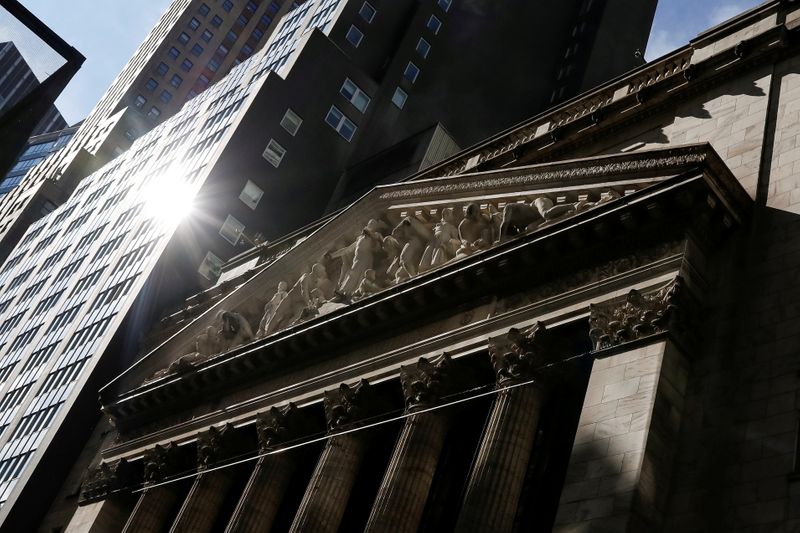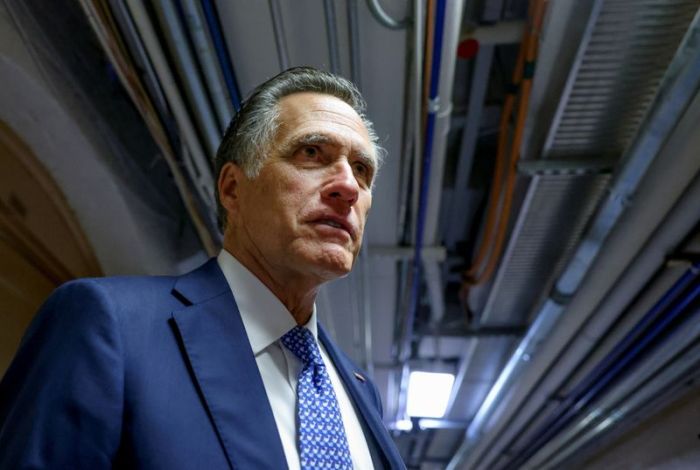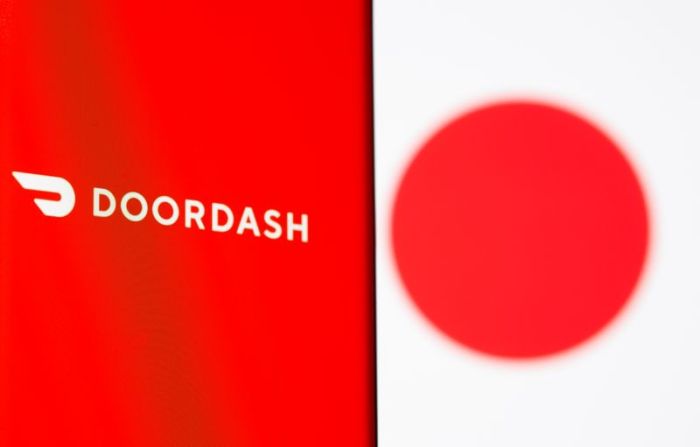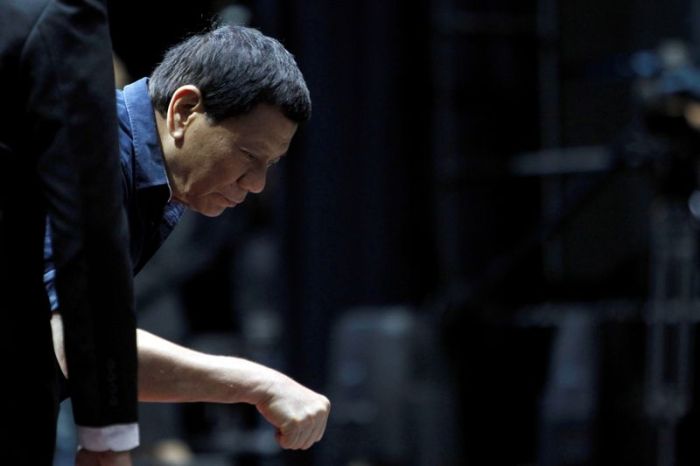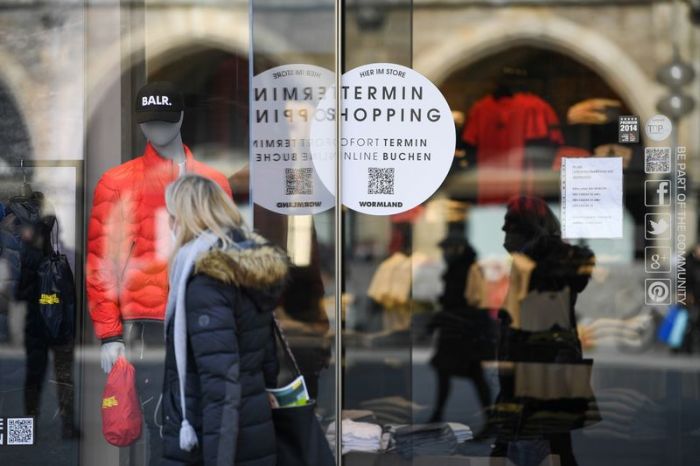(Corrects spelling of alternative trading venue to “Liquidnet” instead of “Liquident” in 11th paragraph of June 8 story)
A global equity benchmark and two key European stock indexes touched new highs on Tuesday, while the dollar rose in anticipation of faster inflation as volatility eased to lows last seen before the coronavirus pandemic.
Yields on U.S. Treasury debt fell to their lowest in more than a month, while euro zone bond yields nudged down with markets in a wait-and-see mood ahead of a European Central Bank policy meeting and U.S. inflation data, both due on Thursday.
The 10-year U.S. Treasury note fell 3.4 basis points to 1.5364%, suggesting bond investors do not see a spike in inflation despite nagging jitters over the Federal Reserve’s insistence a likely jump in consumer prices will be transient.
Markets have been quiet before the release of second-quarter earnings in July when very strong results will be reported as a year ago they were so dismal, said Peter Tuz, president of Chase Investment Counsel in Charlottesville, Virginia.
“Knowing there’s a strong earnings season coming takes away some worry,” Tuz said, keeping share prices from falling. “The markets are about as flat and quiet as they can be today.”
MSCI’s all-country world index, a U.S.-centric benchmark for global equity markets, closed down 0.01% at 716.96 after earlier scaling a fresh intraday high of 718.19.
In Europe, the pan FTSEurofirst 300 index added 0.08% to close at a new record high, while the STOXX 600 index rose 0.15% to also set a new closing high.
Telecoms, travel and real estate shares in Europe led equity markets higher, but weak German industrial output data and doubts that Britain will lift remaining pandemic restrictions later this month capped gains.
The travel and leisure index rose 1.8%, supported largely by gains in low-cost carrier easyJet after Goldman Sachs upgraded the stock to “buy.”
The three major Wall Street indexes rose, with the big tech FAANG stocks leading shares higher as the outlook for lower inflation makes their long-term earnings more valuable.
“We’ve seen the FAANGs creep their way back in reaction to people buying into the inflation-is-transitory story,” said Simon Maughan, head of trading alpha at Liquidnet, an alternative trading venue.
Amazon.com Inc and Apple Inc rose while Google parent Alphabet Inc and Facebook Inc fell.
Advancing shares outnumbered declining shares on both the Nasdaq and the New York Stock Exchange, while growth-oriented shares slightly outpaced the gains of underpriced value stocks.
The Dow Jones Industrial Average slid 0.09%, the S&P 500 gained 0.02% and the Nasdaq Composite added 0.31%.
Shares in electric carmaker Tesla retreated 0.3% after rising earlier on data from Beijing that showed its Chinese sales – which comprise a third of the firm’s total sales – had seen a 29% leap last month.
The data had also showed China’s overall new electric vehicle sales had surged 177% compared with a year ago.
In a sign of investor complacency, the equity market’s so-called “fear gauge,” the VIX, fell to as low as 15.15, a level not seen since February 2020.
Sterling was under pressure as the British government considered whether to delay removing most of its remaining coronavirus restrictions and oil was in the doldrums, but both looked like being temporary phenomena at worst.
Recent comments suggested the European Central Bank has no plans to reel in its mass stimulus program any time soon.
“I would expect the ECB to maintain a dovish stance as they would not be want to be seen as moving towards tapering at the moment,” said Lombard Odier, head of FX strategy at Vasileios Gkionakis.
The dollar index rose 0.148%, with the euro down 0.13% to $1.2173. The Japanese yen weakened 0.22% versus the greenback at 109.49 per dollar.
U.S. gold futures settled down 0.2% at $1,894.40 an ounce.
Brent crude futures settled up 73 cents at $72.22 a barrel. U.S. crude futures rose 82 cents to settle at $70.05 a barrel.
Overnight in Asia, Tokyo’s Nikkei 225 had inched down 0.2% as losses in market heavyweights offset gains for drugmakers after Eisai Co’s Alzheimer’s drug received U.S. regulatory approval.

